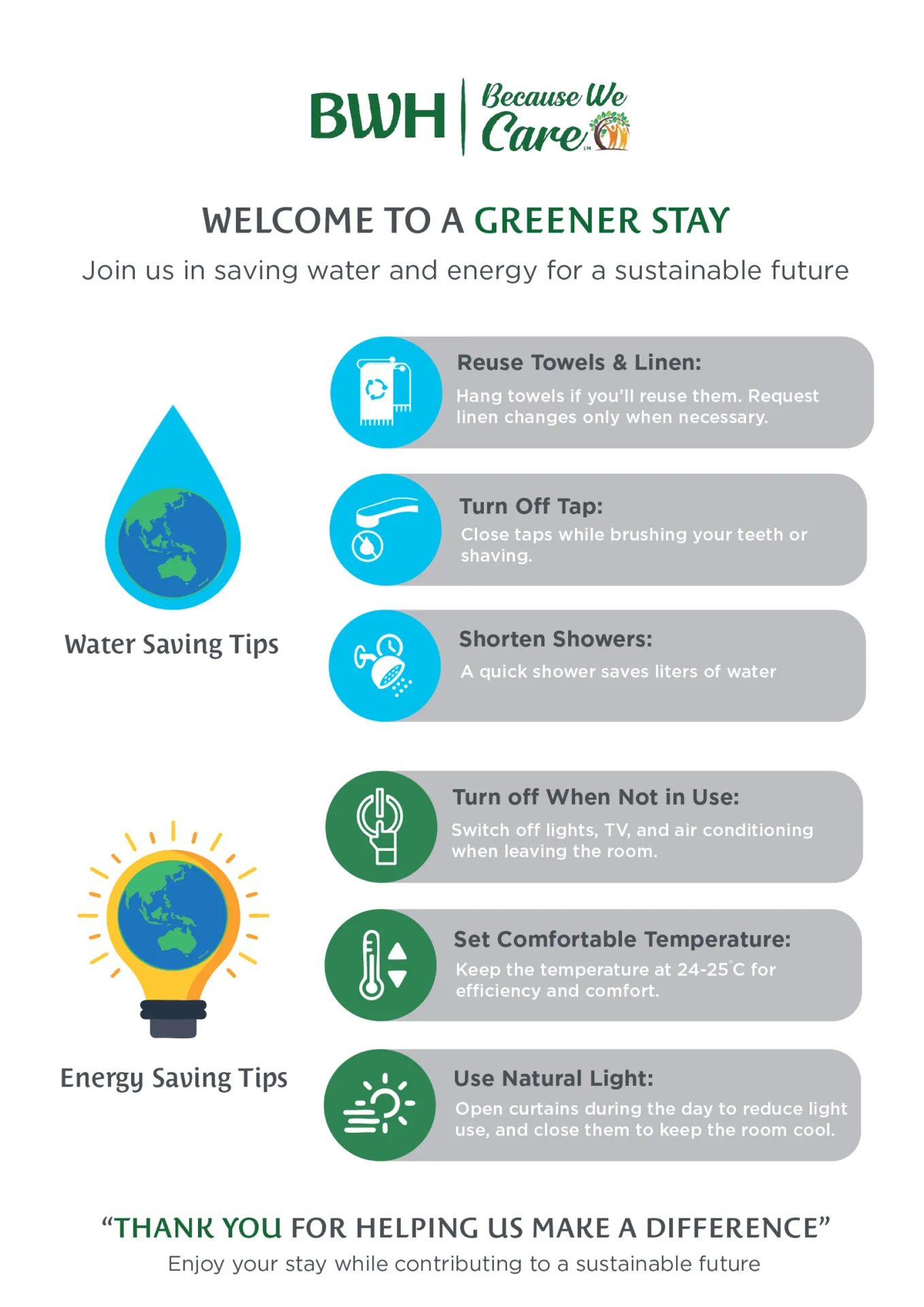GSTC stands for the Global Sustainable Tourism Council. It is an international organization that establishes and manages global standards for sustainable travel and tourism, known as the GSTC Criteria. The GSTC Criteria are the guiding principles and minimum requirements that any tourism business or destination should aspire to reach in order to protect and sustain the world’s natural and cultural resources, while ensuring tourism meets its potential as a tool for poverty alleviation.
The GSTC Criteria are divided into four main pillars:

GSTC Criteria provide a globally recognized standard for sustainability in tourism. This helps create consistency and credibility, making it easier for consumers, businesses, and destinations to identify and trust genuinely sustainable practices.
By adhering to GSTC Criteria, tourism businesses and destinations can systematically improve their sustainability practices. The criteria offer a clear framework for addressing environmental, social, and economic impacts, ensuring a comprehensive approach to sustainability.
Sustainable tourism is increasingly important to travelers. By following GSTC Criteria, businesses and destinations can enhance their marketability to environmentally conscious tourists, who are often willing to pay a premium for responsible travel options.
GSTC Criteria emphasize social and economic benefits for local communities. Using these standards helps ensure that tourism contributes positively to local economies, creates jobs, and fosters community development.
The criteria promote the conservation of natural resources, reduction of pollution, and protection of biodiversity. This helps mitigate the environmental impacts of tourism and supports the long-term health of ecosystems.
GSTC Criteria include measures to protect cultural heritage and promote cultural sensitivity. This ensures that tourism activities respect and preserve local traditions, customs, and historical sites.
Implementing GSTC Criteria can help tourism businesses and destinations manage risks associated with environmental degradation, social unrest, and regulatory changes. This contributes to the long-term resilience and stability of tourism operations.
The GSTC framework fosters transparency in sustainability claims. Certified entities can provide credible assurances to consumers about their commitment to sustainable practices, building trust and loyalty.
Adopting GSTC Criteria can provide a competitive edge. As the demand for sustainable travel grows, businesses and destinations that meet these standards can differentiate themselves from less sustainable competitors.
Many governments and organizations are increasingly focusing on sustainability. By following GSTC Criteria, tourism entities can stay ahead of regulatory requirements and demonstrate leadership in sustainable development.
Our hotel is committed to providing a comfortable stay while minimizing our environmental impact. We have implemented a Eco-Towel Initiative, Eco-Clean Initiative, and Eco-Linen Initiative to conserve water, reduce energy use, and limit the use of chemicals. We invite our guests to participate in this initiative to help protect the environment.
How to participate:
Why Participate?

Our housekeeping team is happy to clean your room according to your preference. To further reduce environmental impact, we offer flexible room cleaning options: Cleaning Frequency Options:
Benefits of Reduced Cleaning

For stays longer than one night, we offer an option to change your linens based on your preference. Fresh linens are important for comfort, but washing them daily consumes large amounts of water and energy. Here’s how you can help:
How It Works:
Why Participate?

By participating in the Eco-Towel Initiative, Eco-Clean Initiative, and Eco-Linen Initiative, you can make a positive impact on the environment while still enjoying a comfortable stay. Here’s how your actions help:
Your choice to participate in these programs helps our hotel reduce its environmental footprint and conserve valuable resources. If you have any questions or would like more information about our sustainability initiatives, please contact the front desk.



Stay ahead with exclusive offers and tailored deals designed for you.
